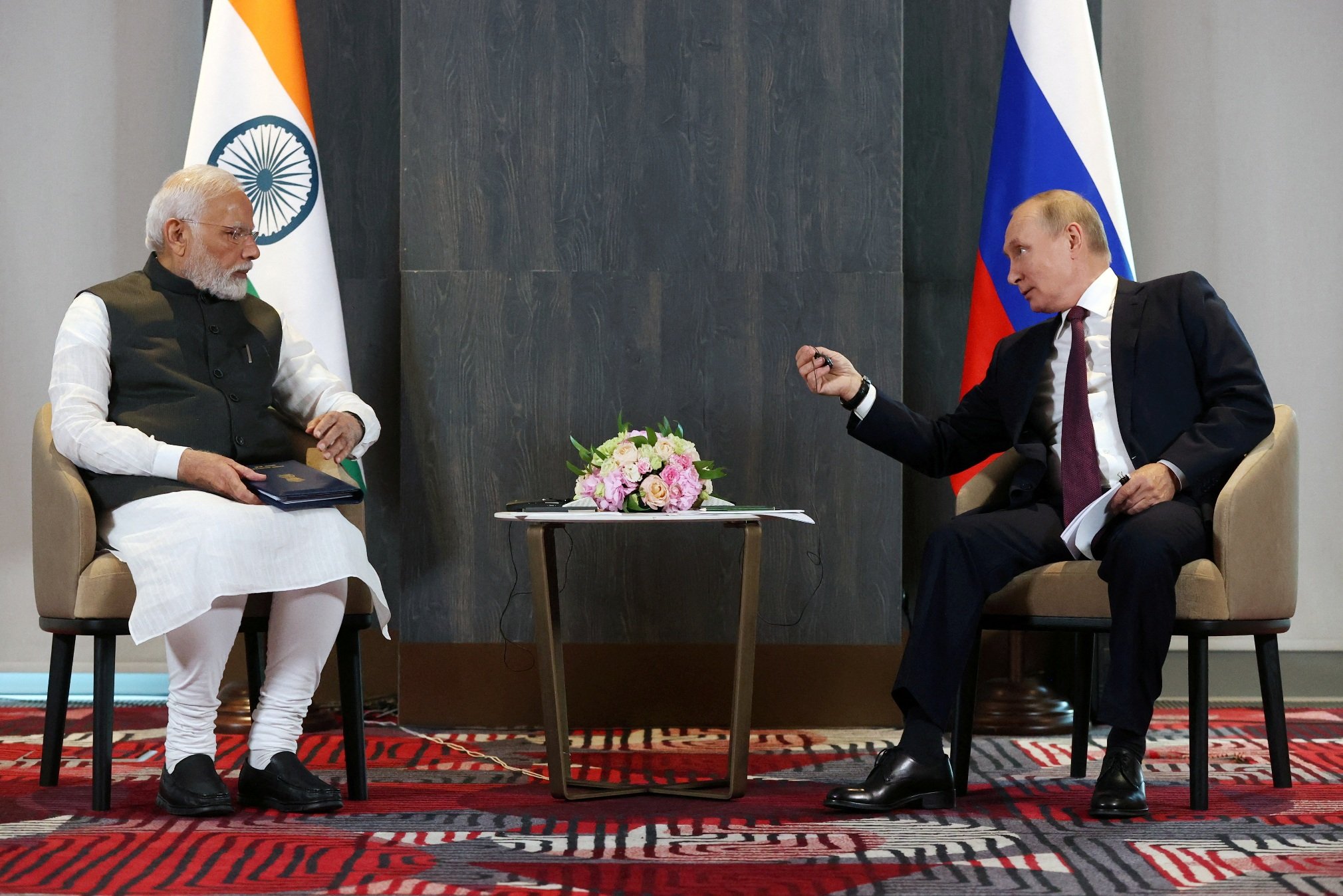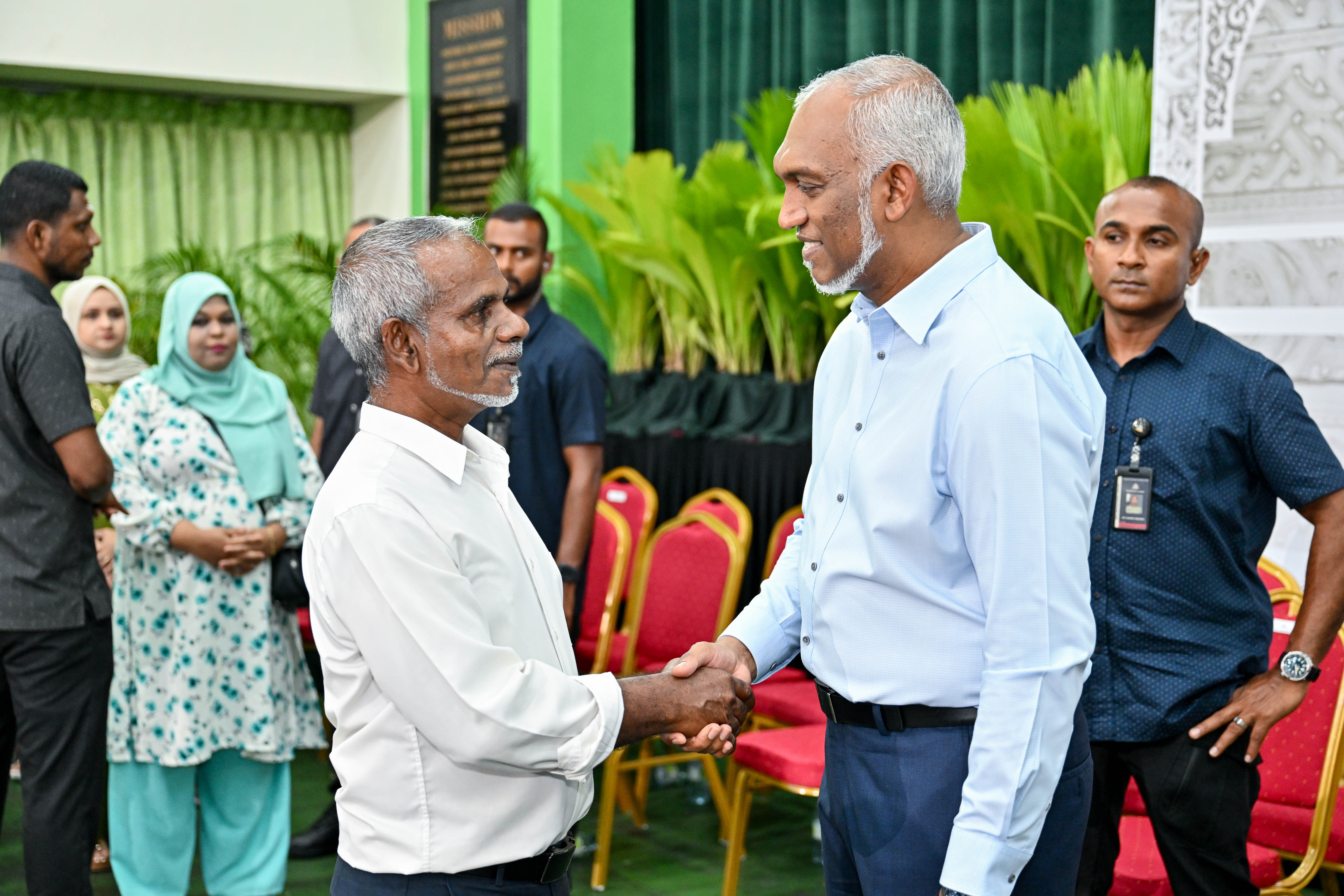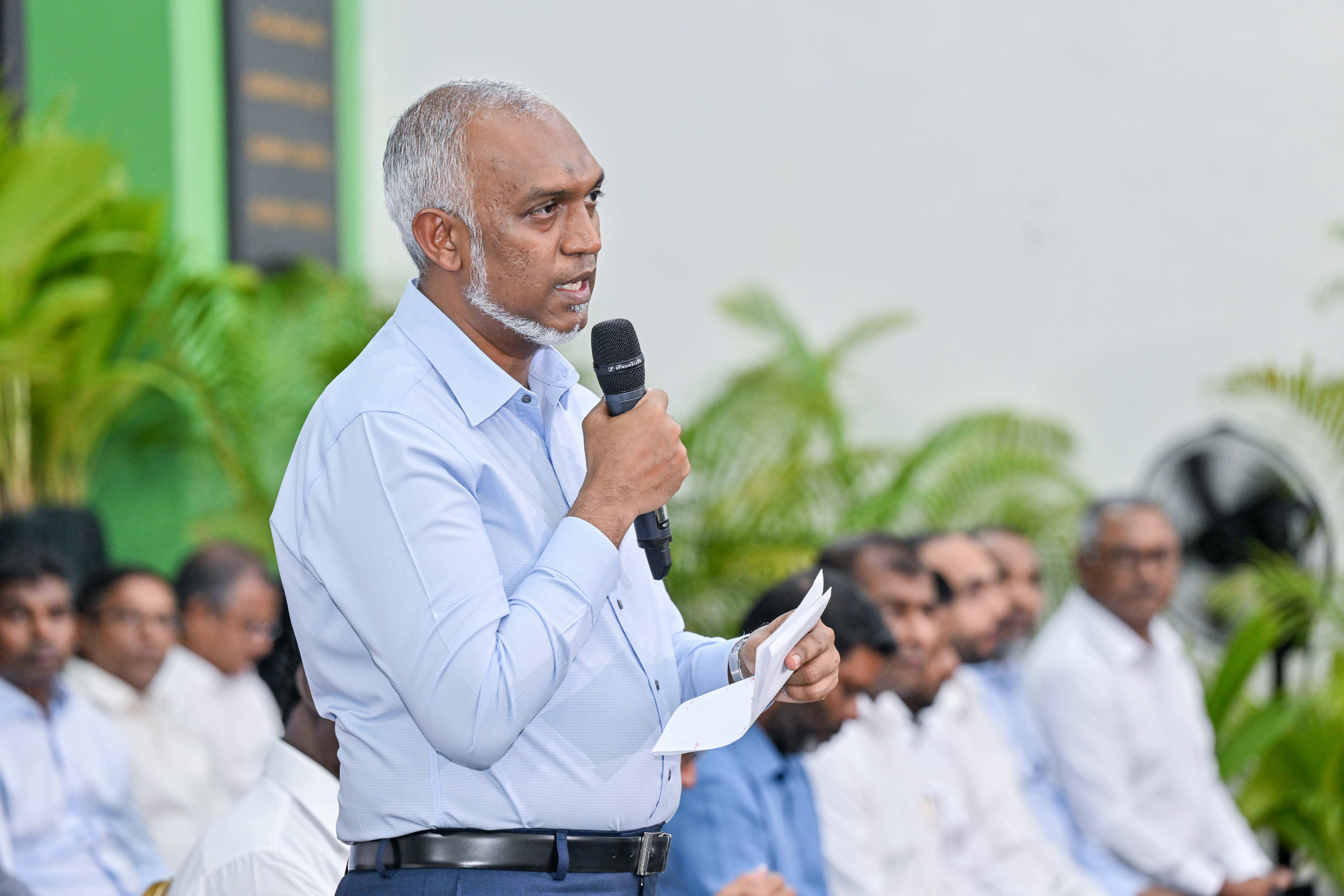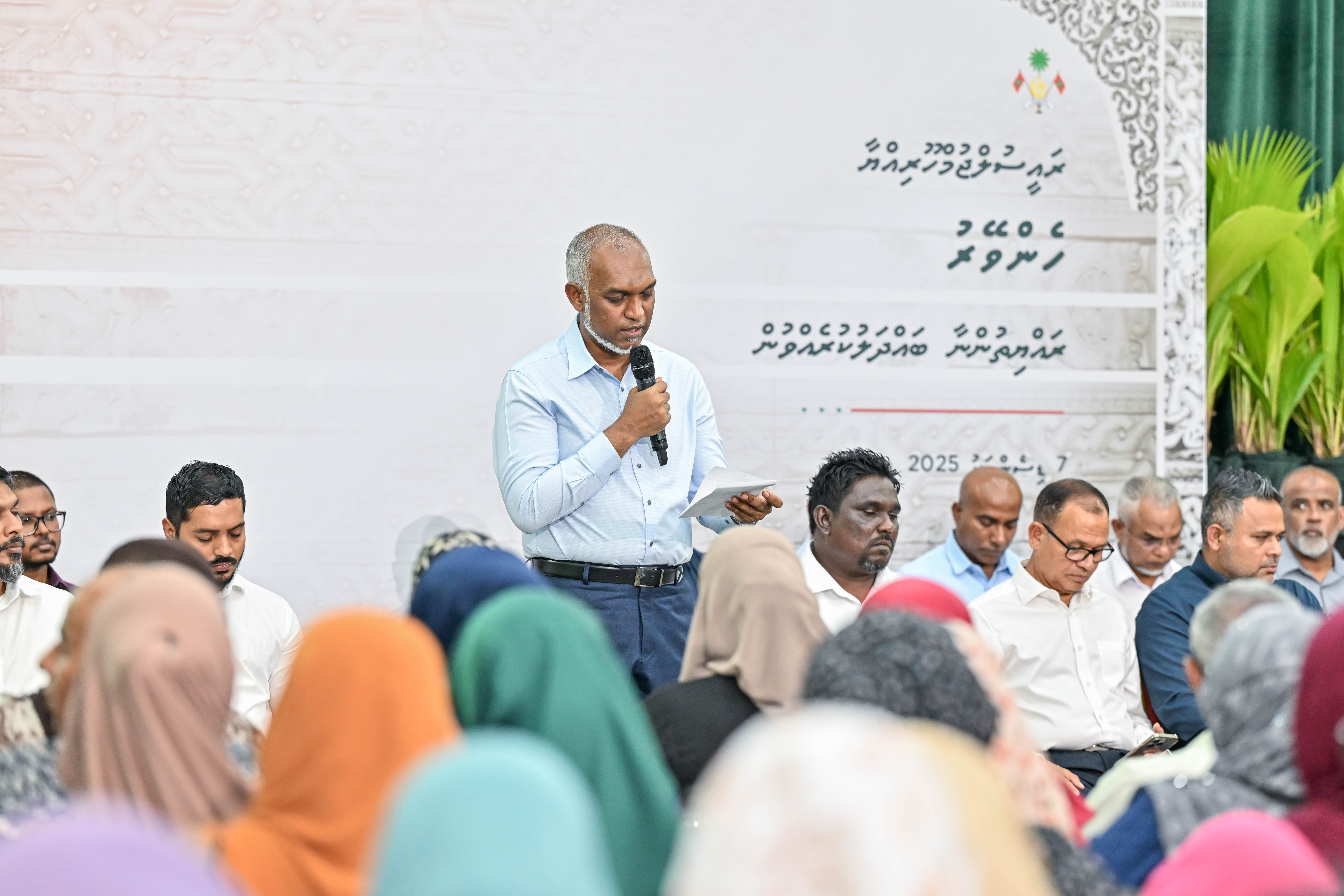Indian Prime Minister Narendra Modi has advocated for a prompt resolution to the Ukraine conflict in a recent conversation with Russian President Vladimir Putin. Modi's remarks followed his visit to Kyiv, where he underscored India’s commitment to a peaceful and enduring solution. He emphasized the importance of resolving disputes through dialogue rather than continued hostilities.
Modi's call for peace aligns with India’s cautious diplomatic stance since Russia’s invasion of Ukraine in February 2022. While New Delhi has avoided explicit condemnation of Russia's actions, it has consistently urged both parties to engage in dialogue to settle their differences. This approach reflects India's delicate balance in maintaining historical ties with Russia while strengthening security partnerships with Western nations.
During his visit to Kyiv, Modi assured Ukrainian President Volodymyr Zelensky that conflicts should be resolved through negotiations. His recent conversation with Putin comes on the heels of a call with U.S. President Joe Biden, where Modi reiterated India’s consistent position favoring dialogue and diplomacy.
The conflict has reshaped economic ties between India and Russia, with the latter becoming a major supplier of discounted crude oil to India. This development has provided India with substantial savings and bolstered Moscow’s economic position amid Western sanctions. Historically, Russia has been a key arms supplier to India, further deepening their bilateral relationship.
India’s strategic position is also reflected in its membership in the Quad grouping with the United States, Japan, and Australia, which aims to counter China’s growing influence in the Asia-Pacific region. Modi's diplomatic efforts highlight India’s attempt to navigate complex international relations while advocating for peace in Ukraine.
Modi's call for peace aligns with India’s cautious diplomatic stance since Russia’s invasion of Ukraine in February 2022. While New Delhi has avoided explicit condemnation of Russia's actions, it has consistently urged both parties to engage in dialogue to settle their differences. This approach reflects India's delicate balance in maintaining historical ties with Russia while strengthening security partnerships with Western nations.
During his visit to Kyiv, Modi assured Ukrainian President Volodymyr Zelensky that conflicts should be resolved through negotiations. His recent conversation with Putin comes on the heels of a call with U.S. President Joe Biden, where Modi reiterated India’s consistent position favoring dialogue and diplomacy.
The conflict has reshaped economic ties between India and Russia, with the latter becoming a major supplier of discounted crude oil to India. This development has provided India with substantial savings and bolstered Moscow’s economic position amid Western sanctions. Historically, Russia has been a key arms supplier to India, further deepening their bilateral relationship.
India’s strategic position is also reflected in its membership in the Quad grouping with the United States, Japan, and Australia, which aims to counter China’s growing influence in the Asia-Pacific region. Modi's diplomatic efforts highlight India’s attempt to navigate complex international relations while advocating for peace in Ukraine.


















